STEAMBOAT SPRINGS, Colo. — Native American tribal leaders are intensifying their push for a greater role in the management and allocation of Colorado River water, calling for a seat at the table as the 2026 negotiations approach.
The discussion took center stage during the Colorado Water Congress in Steamboat Springs, where a panel titled “Colorado River: The Emerging Role of Tribes in the 2026 Negotiations” highlighted the challenges and progress made by tribes dependent on the river’s water.
Tribes Hold Rights but Limited Power
Although 30 tribal nations across the Colorado River Basin hold significant water rights, panelists said their participation in decision-making remains limited. They cited major challenges, including:
-
Lack of funding for water programs
-
Outdated infrastructure that needs urgent repairs
-
Weak accountability systems for water use
“All I can do is pray for more snow in the mountains and having a living river,” said Letisha Yazzie, water resources director for the Ute Mountain Ute Tribe, who is also in talks with New Mexico over her tribe’s water rights.
Similarly, Lisa Yellow Eagle, water legal counsel for the Southern Ute Indian Tribe, pointed to the tribe’s Pine River irrigation project, which is in disrepair and in need of funding to become fully operational.
Rebuilding a Broken System
Panelists stressed that they’re confronting long-standing issues rooted in more than a century of water disputes.
“We’re trying to solve problems that have been there for more than 100 years,” said Erika Pirotte, assistant attorney general for the Navajo Nation Department of Justice.
Some progress has been made. Frank Venegas, a water technician for the Quechan Indian Tribe, highlighted solar-powered water pump stations and lined irrigation ditches that are saving water and improving access.
A Call for Inclusion in Decision-Making
For many tribal leaders, the core fight is ensuring tribes are directly involved in shaping the river’s future.
“In the past, tribes have been treated as an afterthought when it comes to water issues and negotiations,” Yellow Eagle said. “But now we’re having open, honest dialogue.”
Yazzie echoed the sentiment:
“We’re looking for a seat at the table for tribes to represent themselves, to make sure our concerns and issues are heard and understood.”
Venegas emphasized the deep cultural connection tribes share with the river:
“We are people of the river. When you take it away, you take away our identities. We’re willing to give what we have for the greater good, but our voices need to be heard.”
A Shared Future for the West
Former Bureau of Reclamation Commissioner Camille Touton closed the event by reflecting on the human impact of water shortages:
“The hardest days were human,” she said, recalling moments when farmers couldn’t access water. “Water is about community… The West is still a place where tribal, urban, and rural water users can sit at a table and work on solutions, and its future is for us to shape.”
With the 2026 Colorado River negotiations on the horizon, tribal leaders are seeking coalition-building, shared visions, and equitable solutions to secure a sustainable future for all water users.
This article has been carefully fact-checked by our editorial team to ensure accuracy and eliminate any misleading information. We are committed to maintaining the highest standards of integrity in our content.

Katie is a senior who has been on staff for three years. Her favorite type of stories to write is reviews and features. Katie’s favorite ice cream flavor is strawberry.

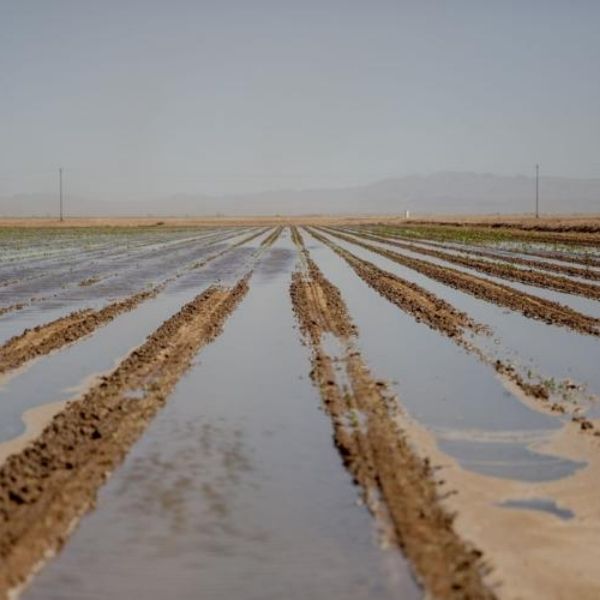

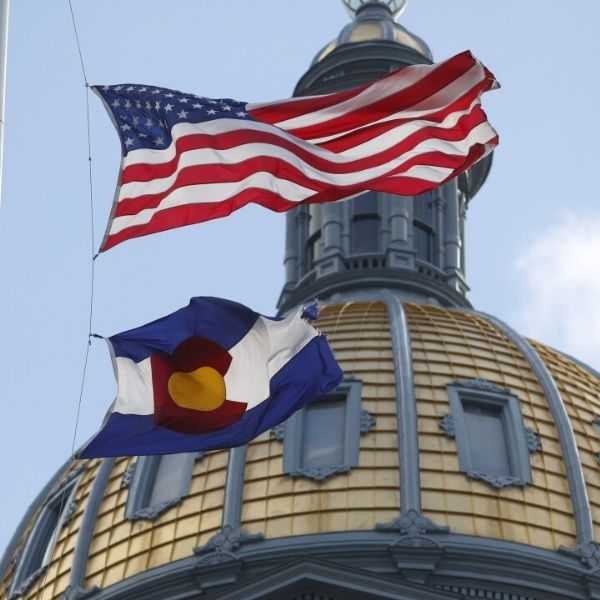


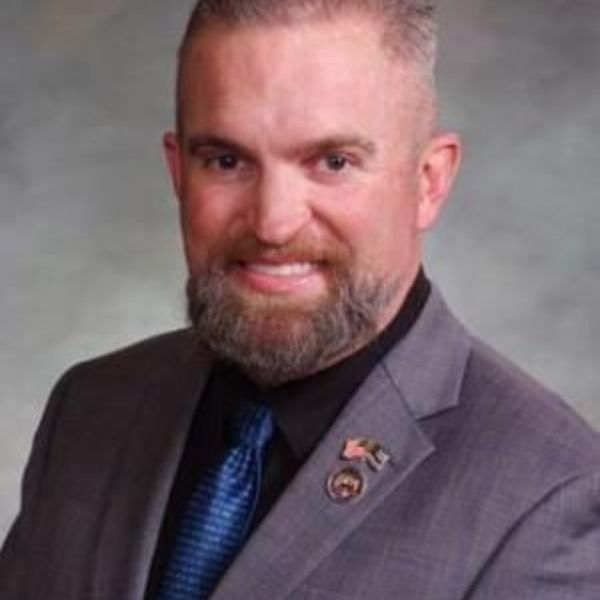
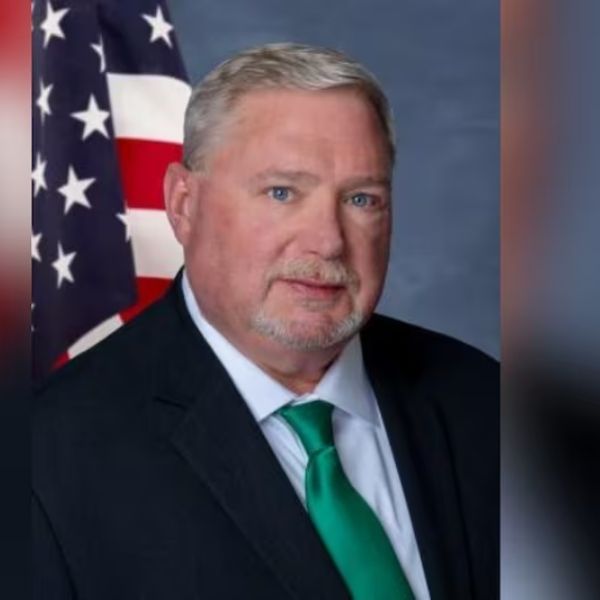
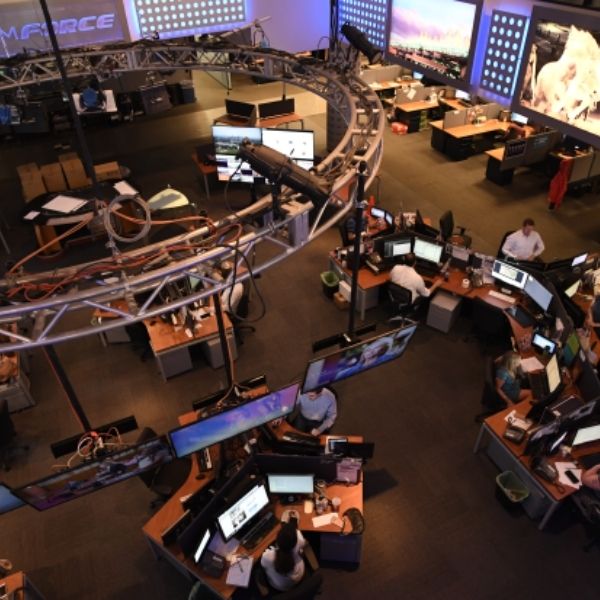
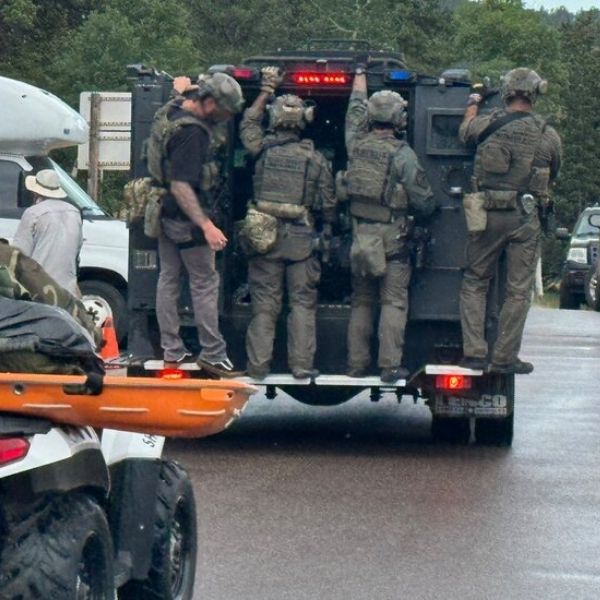
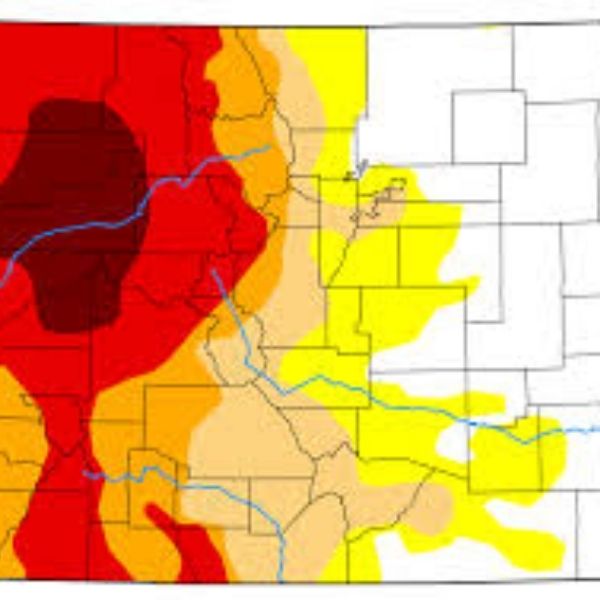
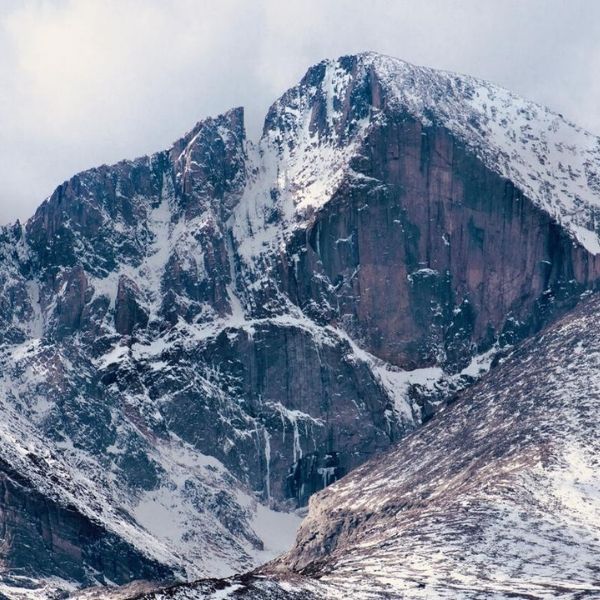



Leave a Reply